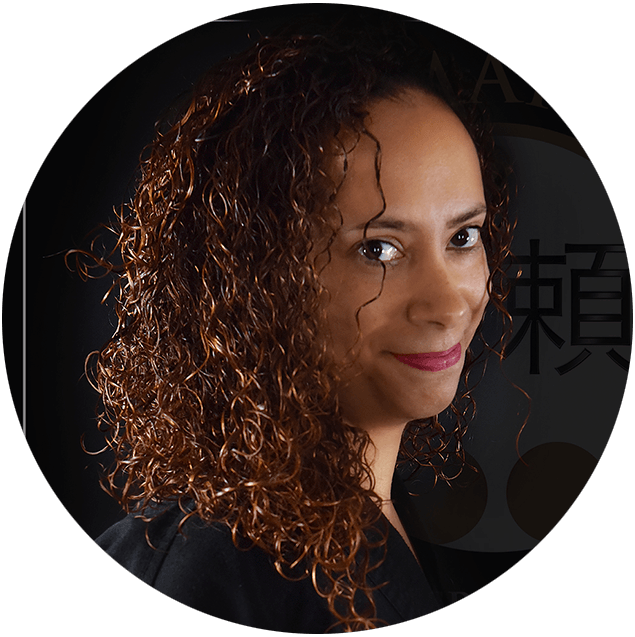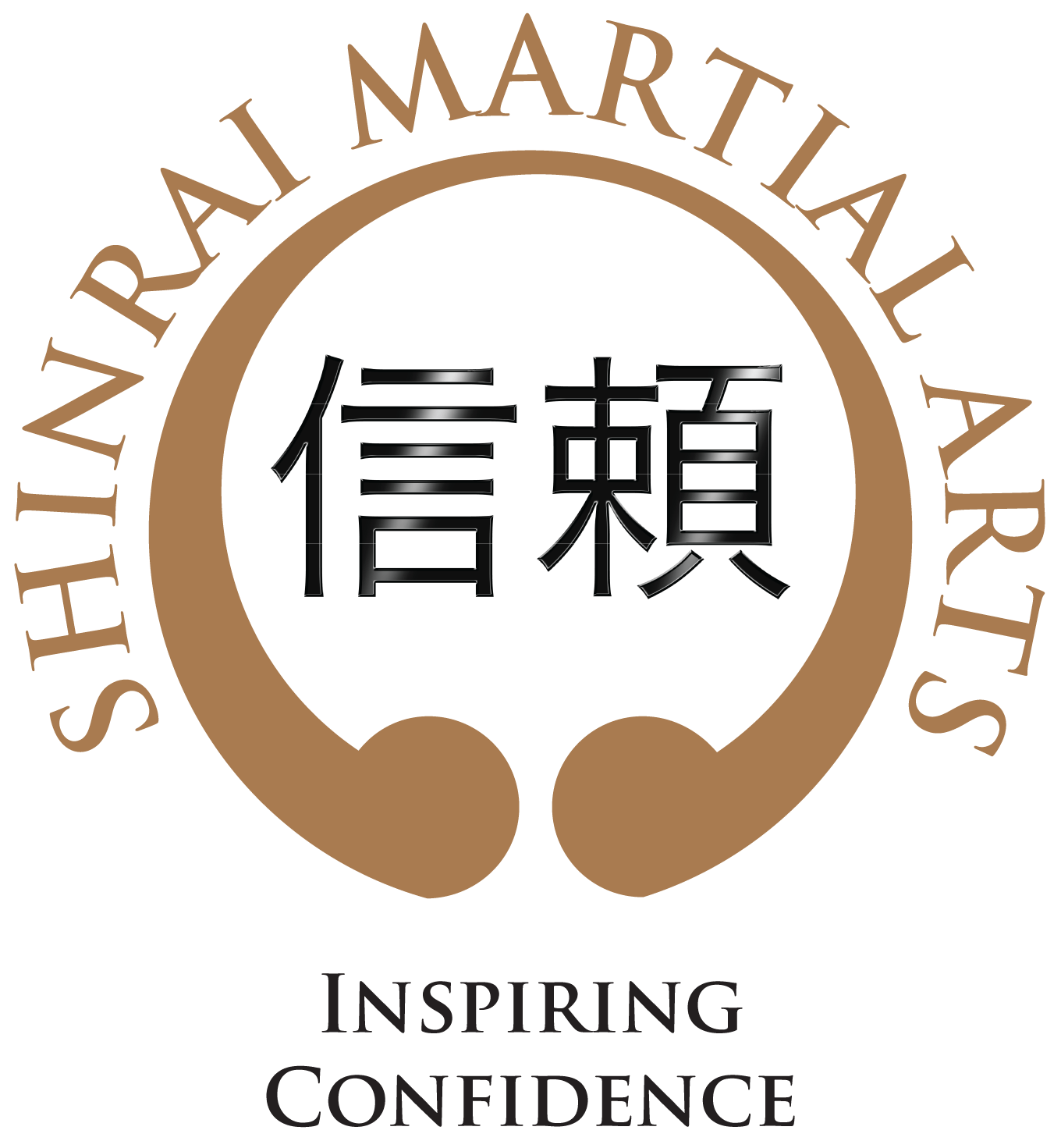Equality, Diversity and Inclusion Policy
This policy describes the way in which Shinrai will meet the requirements of the Equality Act 2010. This Act replaced all previous equality legislation such as the Race Relations Act, the Disability Discrimination Act and the Sex Discrimination Act. The policy will be applied to all employees, volunteers and participants connected with the organisation.
Definition of Equality and Diversity
For this policy the following definitions of ‘equality’ and ‘diversity’ have been adopted:
Equality is about striving to eliminate disadvantage, discrimination and deprivation.
Diversity is not about treating everyone the same, but about:
- Recognizing and valuing difference; and
- Recognizing and accounting for inequality and disadvantage
Diversity is inclusive and something that is equally relevant to us all.
Equality in Employment/volunteering
As an equal opportunities employer Shinrai Martial Arts is committed to ensuring that we provide equality of opportunity to all in employment. The aim is to ensure that we do not unfairly discriminate against any job applicant or employee/volunteer for any reason.
At all levels we will seek to ensure that in recruitment, training, delivering services and partnerships, people regardless of background, will have the opportunity to:
- Join the project as an employee, volunteer or participant on equal footing with others.
- Enjoy personal development to improve opportunities.
- Be heard when expressing concerns or dissatisfaction.
- Employees/volunteers will have the opportunity to attend equalities and diversity training.
Shinrai Martial Arts will adhere to the requirements of the Equality Act 2010 by not discriminating against employees, volunteers, participants or anyone involved in external agencies the organisation may be working with on the grounds of:
- Age
- Disability
- Employment status
- Ethnic or national origin, race or colour
- Marital status
- Religious or political beliefs
- Responsibilities for children or dependents
- Gender
- Sexuality
- Personal differences such as; academic, qualifications, accent, age, caring responsibilities and mental abilities, political affiliations, spent or irrelevant convictions and union membership.
- Pregnant females or new mothers
- Employees/volunteers, participants undergoing gender re-assignment
- Participants due to the behaviour of their parents and/or siblings
Shinrai Martial Arts will not tolerate processes, attitudes and behaviour that amount to discrimination, including harassment, victimisation and bullying through prejudice, ignorance, thoughtlessness and stereotyping. We will demonstrate this commitment throughout all areas of our project.
Shinrai Martial Arts is committed to help those who are disadvantaged within the resources available to us, to ensure we are a fair and equal project at all times and work to ensure that our participants are able to stay safe, be healthy, enjoy and achieve, achieve economic well-being and make a positive contribution to their community.
Equality in Service Delivery
As an inclusive service, we have a key role in ensuring that all sections of our diverse community receive fair and equal provision, according to individual needs. We aim to ensure that high standards of quality and equality are maintained.
We aim to:
- Provide appropriate, accessible and effective services to all sections of the community without prejudice or bias.
- Provide clear information about our services in a variety of formats on request;
- Consult with our customers to better understand the views and aspirations of the community we serve and to identify improvements for our project;
- Monitor and analyse how effective services are at meeting the needs of participants and use the information obtained to develop future services and policies.
- Ensure that complaints from all sections of the community are dealt with in a fair, sensitive and consistent manner and fed into improvements in our project.
Shinrai Martial Arts may decide to use the ‘Positive Action’ clause of the Equality Act 2010, which allows for the setting up of activities specifically for a certain group, such as Afro-Caribbean boys or Roma children. (Previously, this could have been considered discriminatory.)
It is expected that every individual who is part of, or engages with Shinrai, including all employees/volunteers, and all visitors will make a positive contribution to this policy.
In addition, Shinrai Martial Arts will:
- Ensure that the services it provides are accessible to all and endeavor to positively encourage and benefit people from disadvantaged groups
- Supply specialist aids and facilities to make reasonable adjustments where necessary
- Monitor any issues that arise within the organisation and take appropriate action, fully supporting any person in the organisation who is faced with prejudice or discrimination
- Undertake an annual evaluation process to ensure that the policy is clear, in keeping with current legislation and being adhered to
- Treat seriously any breaches of the policy, regarding them as misconduct which may lead to disciplinary proceedings
Complaint Procedure
Stage 1
Any person who experiences, witnesses or is reasonably led to believe that this Equal Opportunities Policy has not been respected, should immediately bring the situation to the attention of their Line Manager. The person responsible for this breach will be reminded of the existence and purpose of this policy and asked to adhere to it.
Stage 2
If the person continues behaving in an unacceptable manner, the matter will be referred to Teasha Mitchell who will decide the best course of action.
This may result in:
- a warning being issued
- a disciplinary
- a referral to a higher level of authority (trustee disciplinary committee)
Stage 3
The offending person has the right to appeal. He/she can write to the Shinrai Martial Arts board. Their decision will be final.

